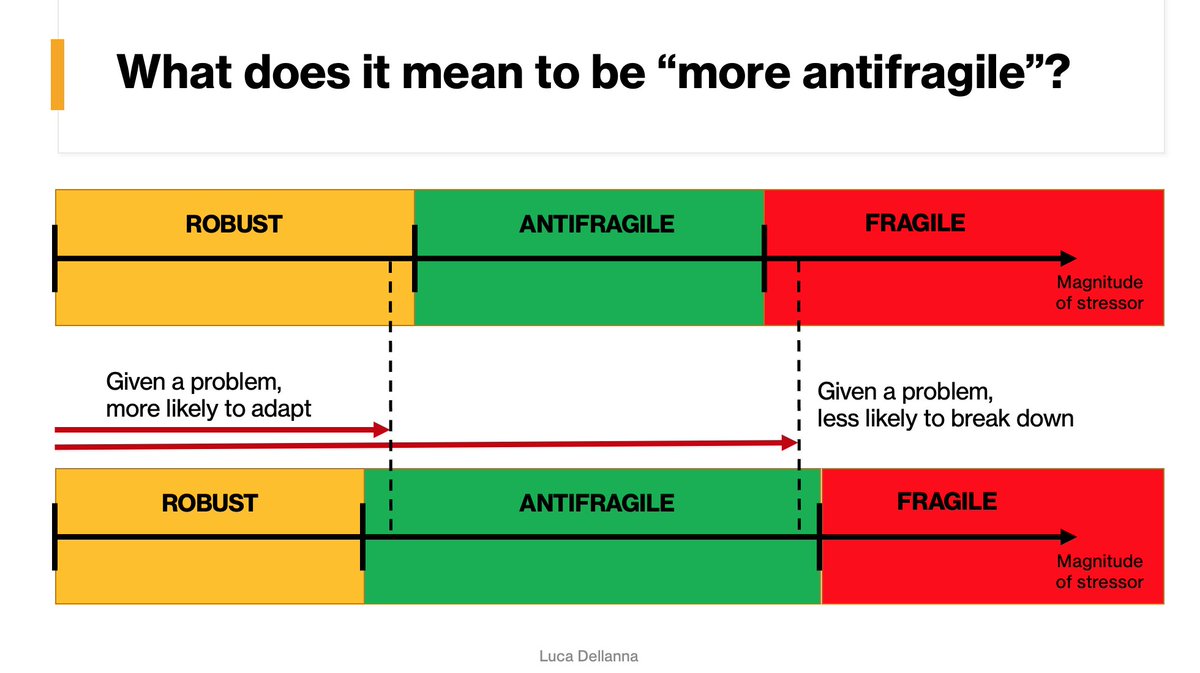
One my dearest friends recently got victim of credit card fraud.
Some non-obvious learnings:
1/ The first 8 digits of your card can be derived from who your bank is. Don't get tricked in "giving digits 9 to 12 for control purpose" – it might be all a fraudster needs.
Some non-obvious learnings:
1/ The first 8 digits of your card can be derived from who your bank is. Don't get tricked in "giving digits 9 to 12 for control purpose" – it might be all a fraudster needs.
2/ Fraudster can call or send SMS from what looks like your bank's number.
If you receive a suspect call from your bank, ask who's calling (and if they have an employee code), then hang up, google the bank's number, call it yourself, and ask for the person who called.
If you receive a suspect call from your bank, ask who's calling (and if they have an employee code), then hang up, google the bank's number, call it yourself, and ask for the person who called.
3/ Fraudsters can know many details of your life, including your bank and account number, mobile phone model, recent purchases, etc.
They might have an accomplice in your town, going through your mail in your trash bin (that's what I suspect happened with my friend).
They might have an accomplice in your town, going through your mail in your trash bin (that's what I suspect happened with my friend).
4/ Obviously, never give security codes. Never. Ever.
Be immediately suspicious of whoever asks for them.
In case of doubt, hang up, then google your bank's phone number, call them, and continue the conversation there.
Be immediately suspicious of whoever asks for them.
In case of doubt, hang up, then google your bank's phone number, call them, and continue the conversation there.
5/ Never, ever, click on a link in an email. Even if you suspect it's your bank's. Always open a new browser tab, manually digit your bank's website address (or use a bookmark), and access the bank from there.
6/ Unless you really need them, keep the credit card limits low, to limit damage.
My friend had them low, then increased them once as he went for holiday abroad, and forgot to lower them once back. So, instead of losing 1.5k€, he lost 4k€.
My friend had them low, then increased them once as he went for holiday abroad, and forgot to lower them once back. So, instead of losing 1.5k€, he lost 4k€.
7/ Have at least two bank accounts. This way, you won't hesitate to block one in case of suspicion of fraud.
My friend got conned also because he was reluctant in blocking his one bank account where he had substantial money on.
My friend got conned also because he was reluctant in blocking his one bank account where he had substantial money on.
8/ To file a police complaint, you might need bank documents.
Call daily to ask for them and require updates. My friend got his bank account blocked for weeks, because he asked once and just trusted that the bank would send them quickly.
Call daily to ask for them and require updates. My friend got his bank account blocked for weeks, because he asked once and just trusted that the bank would send them quickly.
9/ I know we all think banks have solid anti-fraud system, and many do, and often the money is recoverable, but even then.
Fraud can happen, and it has all kind of collateral damage (stress, temporarily losing access to the account, etc.)
Let's talk more about it, proactively.
Fraud can happen, and it has all kind of collateral damage (stress, temporarily losing access to the account, etc.)
Let's talk more about it, proactively.
10/ Do the below even if it feels unnecessary – no one got conned when thinking it was necessary.
https://twitter.com/DellAnnaLuca/status/1416814227054948355?s=20
11/ Common question: isn't credit card fraud recoverable?
Usually it is, but the hours my friend spent fixing it (claims, etc) aren't.
Also, he lost money because he had to cancel a work trip (he's self-employed), stress, etc.
A lot of collateral damage; better prevent it.
Usually it is, but the hours my friend spent fixing it (claims, etc) aren't.
Also, he lost money because he had to cancel a work trip (he's self-employed), stress, etc.
A lot of collateral damage; better prevent it.
• • •
Missing some Tweet in this thread? You can try to
force a refresh








